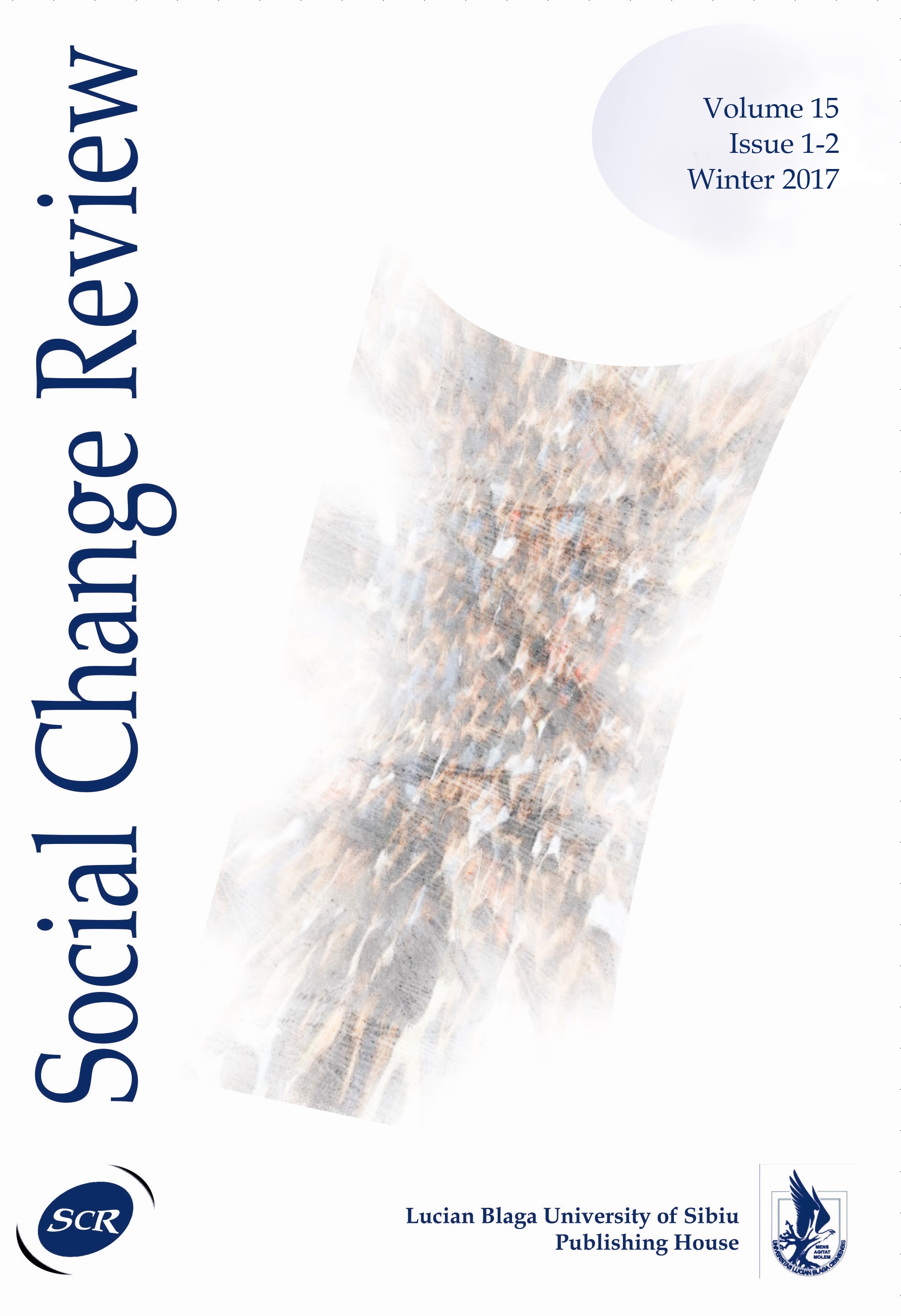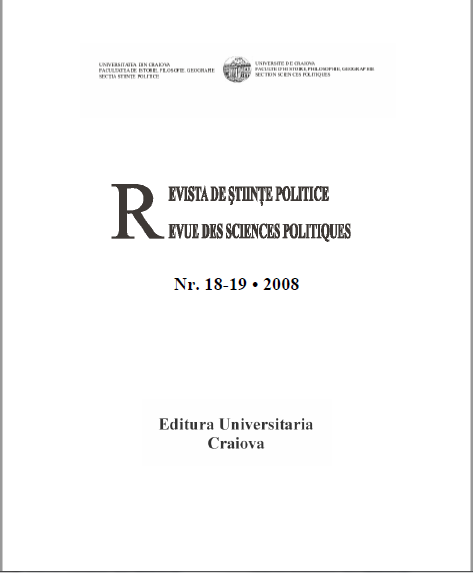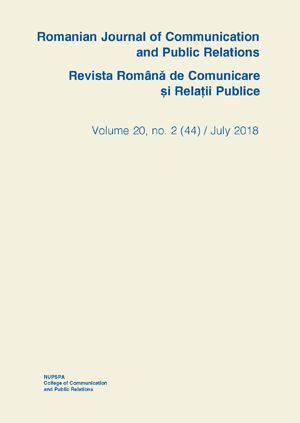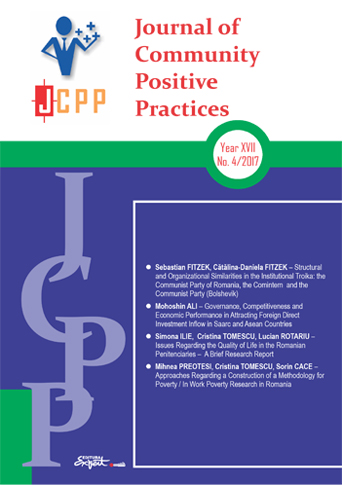
ROMANIA - BETWEEN THE RECOVERY OF GAPS AND THE AMPLIFICATION OF SOCIAL INEQUALITIES AND POVERTY
There is a paradox of Romania’s economic and social transition process: its more and more visible economic progress in recent years has been accompanied by a complex process of deepening intra-regional disparities but also of increasing poverty in some regions/counties of the country. For the time being, socio-economic consequences, which are becoming more and more complex, are not being assessed. This reinforces even more the idea that besides the fact that in the comparisons of living standards between countries GDP per capita has a major role, it says too little about how income is distributed among the population or about the existence of other non-monetary factors which can influence the quality of life of a population.
More...







